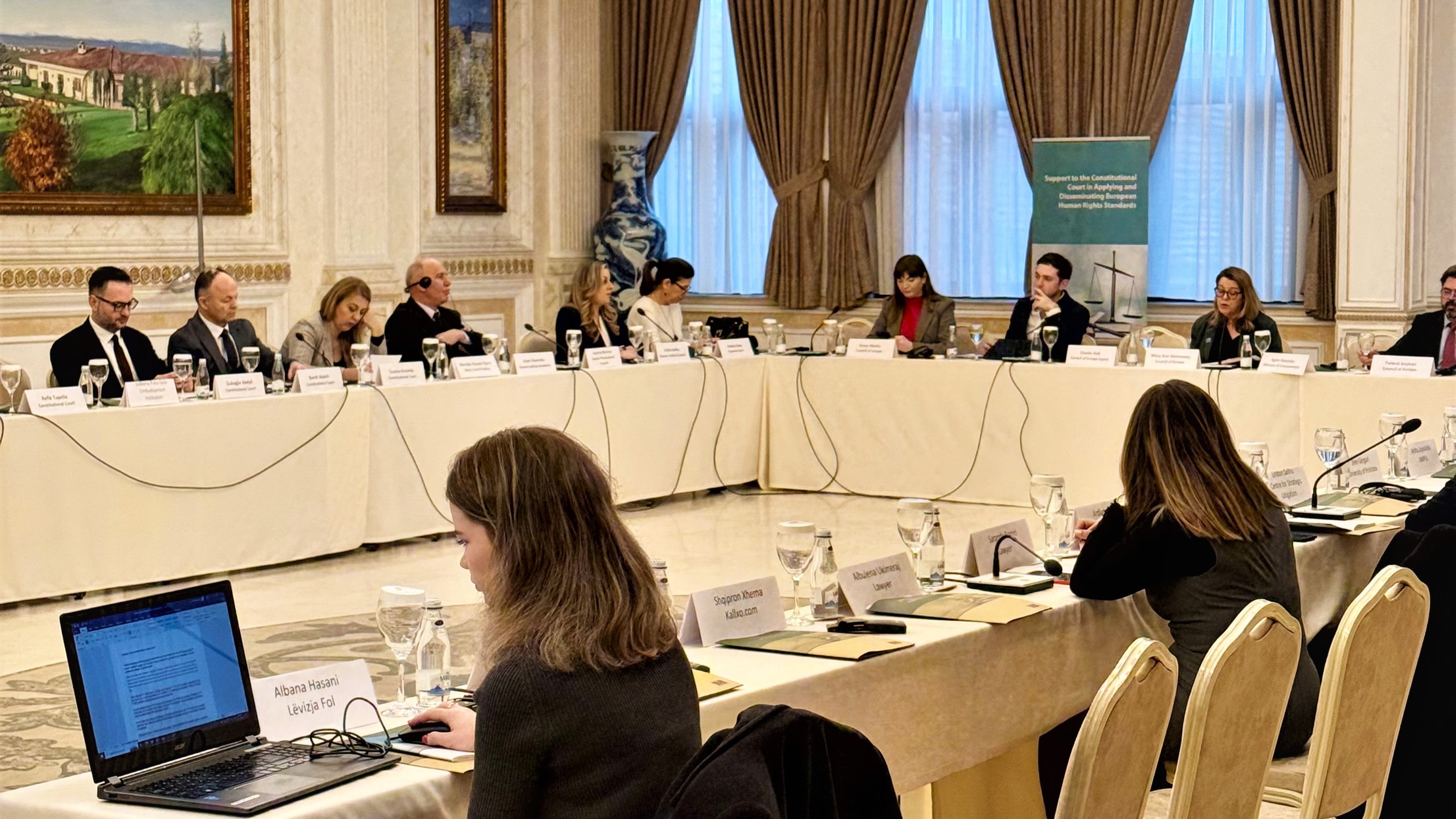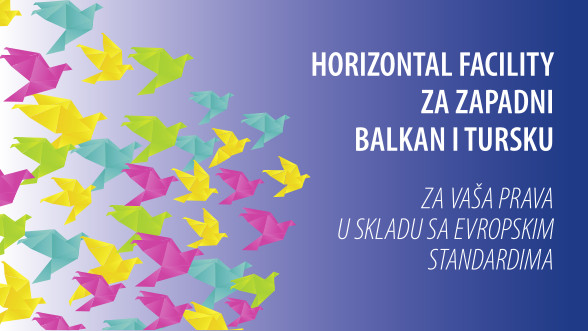In an era where environmental challenges are intensifying, the intersection of human rights and environmental protection has became a pressing regional and global concern. In this context, the Council of Europe Office in Pristina hosted a public discussion with the participation of representatives from the judiciary, civil society and journalists to discuss how to address Strategic Lawsuits Against Public Participation (SLAPPs) and their impact on the environmental protection and the broader interlink between human rights and a healthy environment.
During the discussions participants explored various thematic aspects, including the European Court of Human Rights case law on environmental rights, strategies for empowering activists against SLAPPs, and the role of green journalism in fostering environmental accountability.
In this framework, the Council of Europe has a long and rich acquis of instruments and standards relating to human rights and the environment, including over 300 judgments of the European Court of Human Rights relating to environmental issues and numerous decisions and conclusions of the European Committee of Social Rights. In addition its Recommendation CM/Rec(2022)20 to member States on human rights and the protection of the environment, the Committee of Ministers emphasises that “life and well-being on our planet are contingent on humanity’s collective capacity to guarantee both human rights and a clean, healthy and sustainable environment for present and future generations”.
This activity reflects the Council of Europe's commitment to promoting democratic participation, freedom of expression, and environmental protection. It was jointly organised under the projects “Human Rights and Sustainable Environment in South-East Europe” “Support to the Constitutional Court in Applying and Disseminating European Human Rights Standards” and “Protecting Freedom of Expression and of the Media – PROFREX”. PROFREX is part of the joint European Union and the Council of Europe programme “Horizontal Facility for the Western Balkans and Türkiye” and is implemented by the Council of Europe Division for Co-operation on Freedom of Expression.



